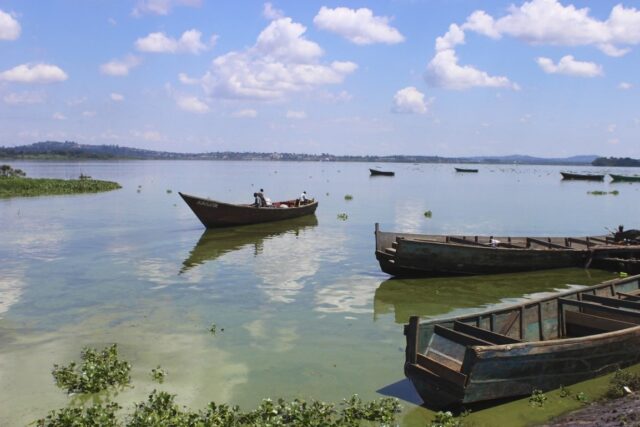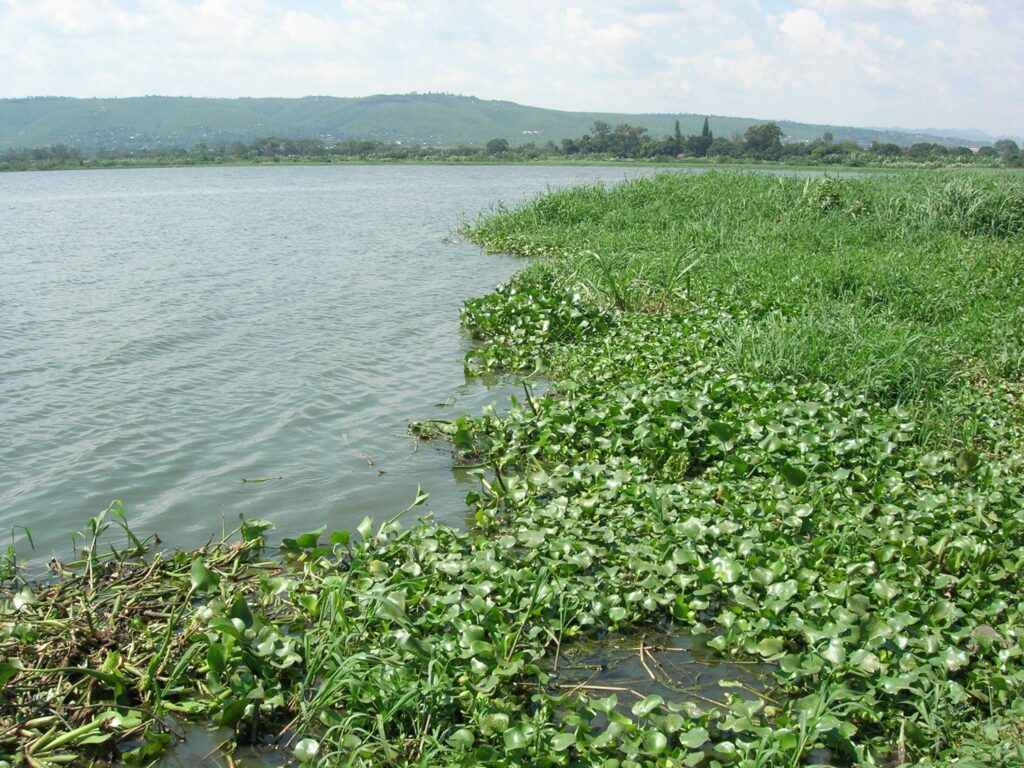
by Kayitare Jean Bosco
Recently, and perhaps most threatening, Lake Victoria’s water level has been receding at an alarming rate. A recent study suggested the possibility of an expanded hydroelectric power station in Uganda. However, since the lake receives 80% of its refill through direct rainfall and only 20% from the basin discharge, climatic contributions cannot be ignored, since the 80% water is directly dependent on it.
Lake Victoria is shared by three countries namely Kenya, Uganda and Tanzania but it’s resources are indirectly shared by all it’s neighbors of the great lakes region and beyond.
For the last observation recorded was in 1976–1999 which is a period of 30 years the lake levels has been declining at an alarming rate.
Lake Victoria is a resource shared by the three East African countries: Kenya, Uganda and Tanzania, and supports a livelihood of about 30 million people living around it. Its fish products, (i.e., Tilapia and Nile Perch) are exported the world over.
January Makamba the State Ministry for Environment of Tanzania says; “the declining levels of Lake Victoria is very alarming mainly caused by water pollution and unplanned human settlements along the lake”.

According to the International Water Association, it says that there is a much-needed conservation effort in order to protect such a huge water body that supports very many communities and the region.
One of the major concerns are increasing problem of water hyacinth which blocks the rivers that refill the lake.

It should be noted that Lake Victoria is the source of rain for Rwanda, Burundi, South Sudan, and Eastern Congo any decline of water levels for the lake might affect the rain patterns for the whole region which depends on it.
Lake Victoria has the size of 68,800 km² and is the world’s largest freshwater lake.




